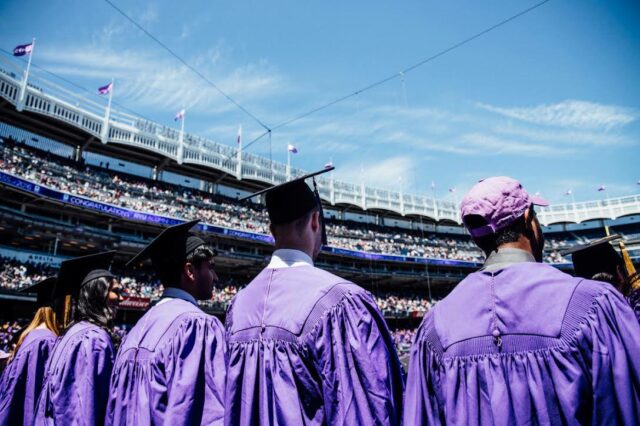 Ashley Putnam
Ashley Putnam
![]()
What percentage of your income do you spend each week on alcohol? Like many young professionals living in New York City, my average visit to the local watering hole puts a fairly sizeable dent in my pocket. One night at the bar, two or three Manhattan-priced cocktails, and I’ve already spent nearly $50.
As a fundraiser and event coordinator, I often use this logic to persuade friends to attend charitable events. The conversation typically goes something like this:
“The event raises money to support indigenous women in…â€
“How much are the tickets?â€
“They’re $50 a person.â€
“I really can’t. I’m broke right now…â€
“…and the event is open bar.â€
“How much were those tickets?â€
This doesn’t mean that our generation is not interested in supporting philanthropic causes. In fact, several recent articles have noted that Generation Y is more likely to be civic-minded and socially conscious. In 2006, a USA Today study found that 69% of consumers under the age of 30 consider a company’s social and environment stance before making a purchase, and 83% trust a company more if it uses socially responsible statements. Our generation buys local produce, eats organic vegetables, and drinks fair trade coffee. Given our generation’s propensity to use consumer power to change the world, I am surprised that alcohol has not entered the realm of conscious consumerism.
Unfortunately, our proclivity for after-work drinks is impacting poor agricultural workers. In South Africa, labor violations are common in the wine industry. Â In 2011, Human Rights Watch published a report detailing the adverse conditions facing South African grape harvesters. The human rights abuses include exposure to pesticides, lack of access to toilets or water, unsanitary housing units, and the inability to unionize. While the South African economy benefits from the revenues generated by the wine industry, South African wine workers suffer.
Which begs the question, who is making your wine?
For those of you who want to save the world but don’t want to miss happy hour, a new trend is emerging: fair trade alcohol. The breakthrough began with Jean-François Daniel, a retired cognac maker who believes in the importance of sustainable farming practices in the developing world. After spending time in Bolivia, Daniel and his business partner began making vodka using quinoa grown by local farmers in the Andes Mountains. The company, FAIR, has now provided sustainable income to more than 2,500 Bolivian farmers.
FAIR isn’t the only fair trade alcohol on the market. Even small social enterprises are catching onto the trend. In Ecuador, a community organization called CADO recently began producing liquors using local sugar cane and chocolate. The company teaches members of the community how to distill the sugar cane to make rum.
Looking past the liquor shelf, more and more companies are producing Fair Trade wine. Fair Trade USA now offers certification to wine growers that offer safe working conditions, sustainable wages, and economic opportunity to farmers across the world. The organization has certified Fair Trade wine from Chile, South Africa, Italy, and Argentina. You can even purchase Fair Trade wine at Sam’s Club and Target.
In many ways, conscious consumption defines our generation. We support small businesses, buy American-made clothing, eat free-range chicken, and shop at the farmer’s market. Then we go to happy hour or a boozy brunch to celebrate a job well done.
Our generation has yet to realize the power of its alcohol choices. Like organic food or green energy, the fair trade alcohol movement needs consumer support to have long-term impact.
Fellow members of Generation Y, I urge you to put down your martini and consider the impact you could make if those dollars were invested elsewhere. For instance, a bottle of fair trade wine provides income to workers in Chile and Argentina, and prevents further human rights abuses. A bottle of FAIR vodka provides sustainable alternatives to remote farmers in the Bolivia Andres.
I’m not asking that you give up your drinking money. I’m encouraging you to consider the impact your dollar could make in purchasing fair trade alcohol.
It is fully possible to make an impact and still make it to happy hour.
Ashley has worked for 5+ years for domestic and international organizations aimed at finding effective solutions to poverty. While living in Guatemala, Ashley worked for an fair-trade organization that promoted ethical fashion and sustainable sourcing.



